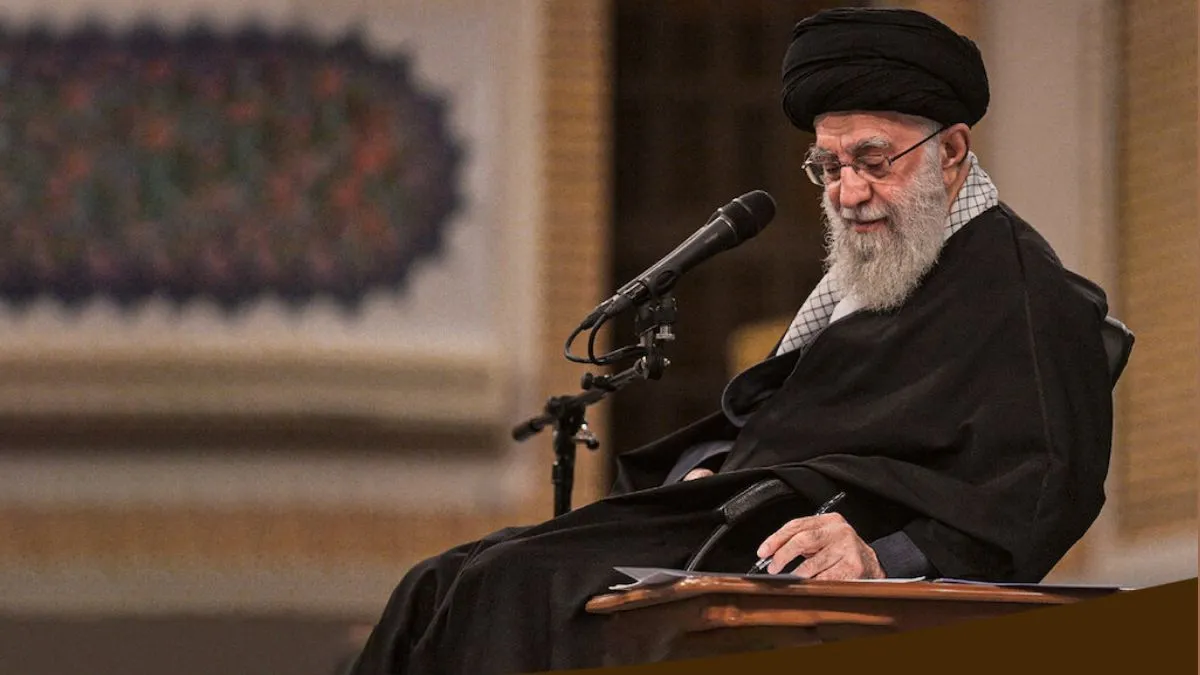- By Imran Zafar
- Sun, 17 Nov 2024 11:38 AM (IST)
- Source:JND
Iran has reportedly chosen Mojtaba Khamenei, the second son of Supreme Leader Ayatollah Ali Khamenei, as his successor, according to Israeli news outlet Ynetnews citing Iran International, a Persian-language media outlet linked to Iranian regime opponents. The decision comes as the 85-year-old Supreme Leader battles old age, raising speculation that he might abdicate before his death to facilitate a smooth transfer of power.
On September 26, 60 members of Iran's Assembly of Experts convened under strict confidentiality at Ayatollah Ali Khamenei’s directive to decide on his successor, the report stated. Despite internal resistance to both the decision and the process, the assembly unanimously selected Mojtaba Khamenei after being pressured by Ayatollah Ali Khamenei and his representatives, the report added.
According to the report, fearing public unrest, the Assembly members were warned to keep details of the meeting under wraps. Leaks were explicitly prohibited, with members facing serious repercussions for violations. The secrecy surrounding the decision remained intact for over five weeks.
ALSO READ: Elon Musk Secretly Meets Iranian Ambassador To US In A Bid To Diffuse Middle-East Tensions: Report
Mojtaba Khamenei's Candidacy
The Supreme Leader wields ultimate authority in Iran, overseeing the armed forces and shaping foreign policy, often marked by hostility toward the United States and Israel. While Ayatollah Ali Khamenei has not publicly endorsed a successor, analysts frequently name Mojtaba Khamenei to succeed his father. Mojtaba, a mid-ranking cleric teaching theology in Qom, is believed to wield significant influence behind the scenes.
Ebrahim Raisi, the former Iranian president killed in a helicopter crash, was considered a strong contender for the Supreme Leader role. Now after the death of Ebrahim Raisi, political analysts note a lack of clear alternatives that Mojtaba’s name has surfaced as a serious possibility. However, Ayatollah Ali Khamenei himself expressed dissatisfaction about hereditary succession, citing opposition to re-establishing monarchic tendencies in the post-revolutionary Islamic Republic.
ALSO READ: Iran Assures US It Won’t Target Trump After Biden Administration’s War Warning: Report
Powerful entities like the Revolutionary Guards and influential clerics in Qom and Mashhad are expected to influence the succession process further. Analysts draw parallels to Ayatollah Ali Khamenei's own rise to power in 1989, marked by backroom negotiations among Iran’s clerical elite.
Under Iran's constitution, the Supreme Leader is appointed by the Assembly of Experts, an 88-member clerical body responsible for supervising and potentially dismissing the leader. However, a separate watchdog aligned with Ayatollah Ali Khamenei holds veto power over election candidates and laws, further complicating the leadership transition.


